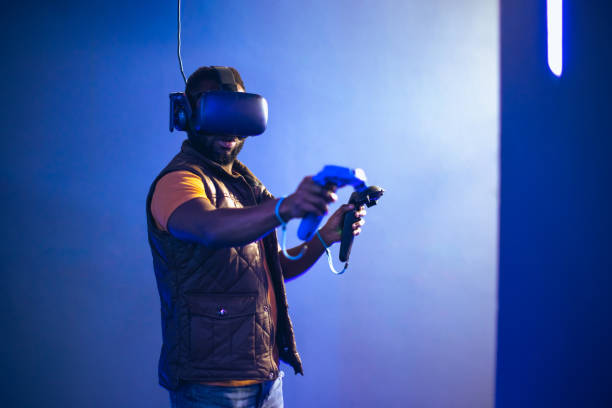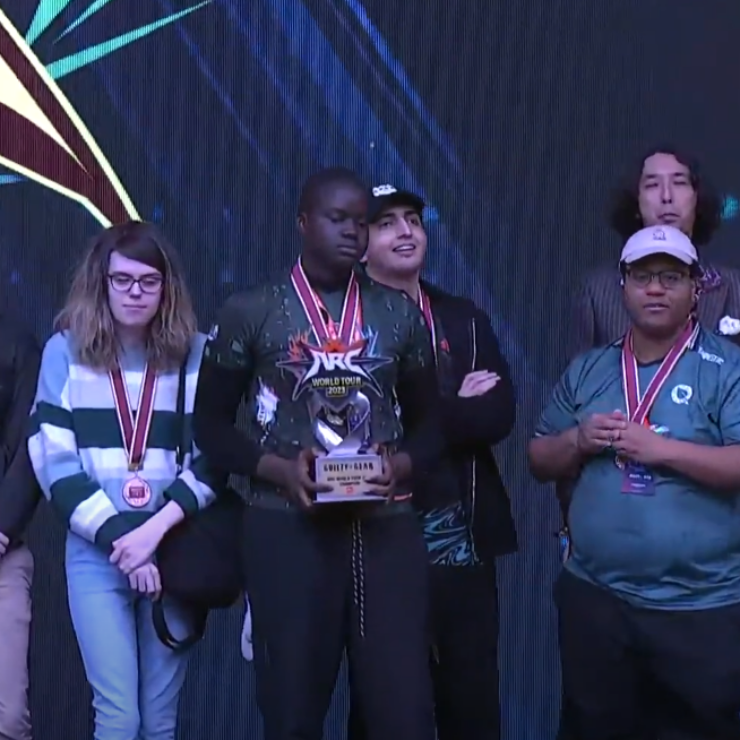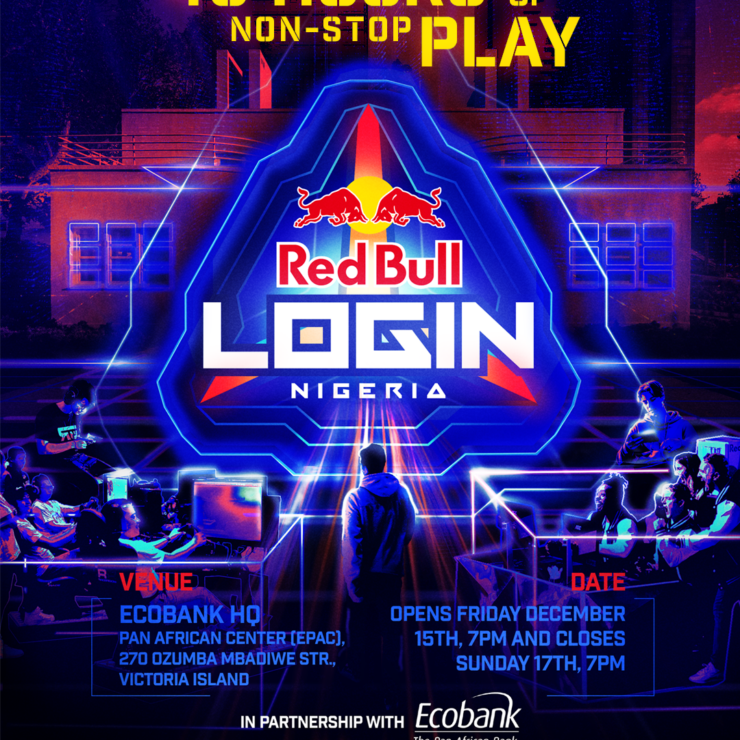Online gaming and esports continue to exceed their own previously set milestones. So let’s give that some context, gaming as an industry is now a bigger industry than even Hollywood and the Music industry combined, with a global revenue of $180bn in 2021 according to NewZoo.
This growth of the gaming and esports industry depends on how relatable its products are to various demographic groups, ages, and even geographies. Gaming is no longer a fringe hobby; but now a social and commercial activity.
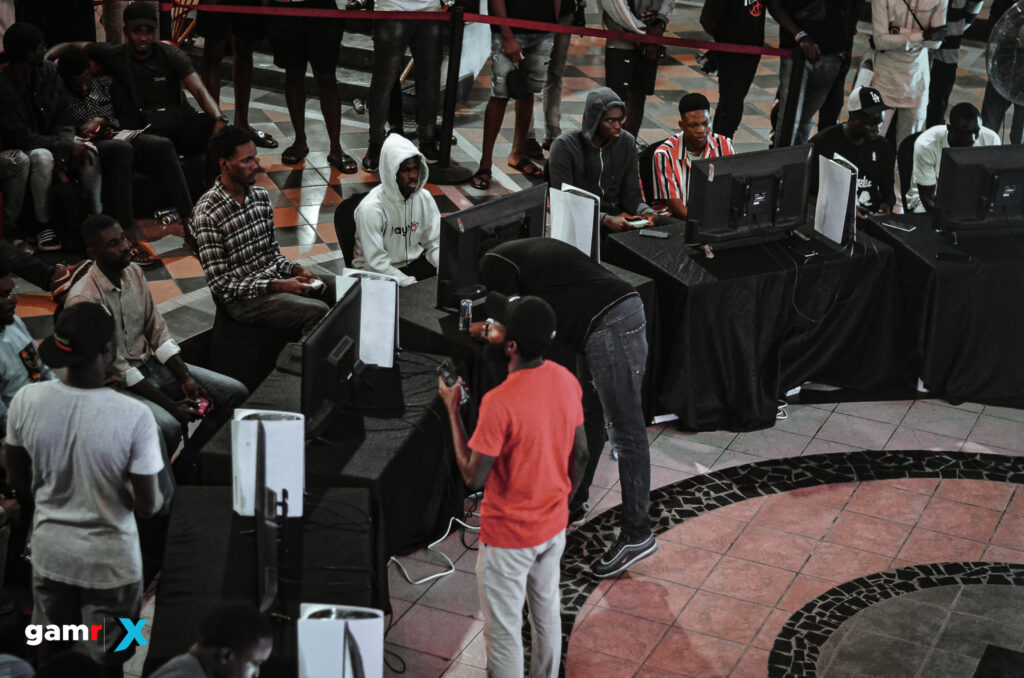
Gaming titles now attract the same ‘blockbuster’ treatment that big movie franchises get; these titles are what have also pushed the gaming industry into the competitive space of esports —- as a game title gets more widespread notoriety, there is a chance individuals want to prove they’re the best at it.
Important to note that while gaming and esports are practically the same, because of these high-flying gaming titles that spawned the latter, they’re a little different. Gaming is the parent, and esports is its fast-growing offspring.
As the gaming industry generates revenue, so do esports — outside of the game title sales, subscriptions, and all traditional gaming activities. The global esports market is doing its parent industry proud, placing at almost $2.2bn in market cap by 2022, and is expected to reach $9.6 in 2030. If I was to guess using the scale of growth today, I’d say this number would be sooner eclipsed.
With this being said, what connects this growing industry, which used to be just a fad, to the metaverse? And how does one help the other?
Esports refers to any form of professional competitive gaming. It currently has a worldwide audience of 215 million, estimated to reach 300m by 2025.
Interestingly, gaming used to be a hobby, but it would be in error to forget that it also served as an escape. When you turned on your favourite games, you were transported to the world of the game — your imagination did the work, and for the period the game lasted, it all felt real.
Now, this escape has become a way of life as the world continues to advance in technology for us to connect and interact virtually; games are no longer cheap getaways — they possess the potential to steal us away into a new world.
But I’m not talking about hyper-realistic graphics or sounds that make it unbelievably real. But instead, I refer to the metaverse.
The metaverse is a cutting-edge iteration of the internet — a network of 3D virtual worlds focused on social connection.

The metaverse is, in essence, its virtual world, where you can connect with others using 3D avatars. And it’s not a new or even outlandish prospect if you consider that you already play video games as your favourite characters; they are avatars as well. But with the metaverse, you’re both in control, and you’re these characters.

With web3 and blockchain technology promoting the ownership model of the new internet, the metaverse comfortably shoehorns its “play to earn” model as well. So now here is where esports and metaverse intersect beautifully.
While esports gives gamers a chance to “play to earn” with tournaments and prize pools, the metaverse gives users a chance to “connect and earn” with NFTs and P2P, which allows users to 100% own in-platform assets whose value can be transferred to real-life currency for use.
This marriage between esports and the metaverse is made plausible using NFTs. Since traditional gaming platforms take almost full ownership, using tokens helps free the gaming community from archaic and unfair constraints.
Under these constraints, gamers can buy in-platform assets but can’t resell them to others for any money — the ownership rests with the platform. With the metaverse, this all changes; gamers and users alike can exchange in-game/platform tokens or assets for real-world currency, opening the way for a new world of esports and leisure gaming.
In-game Assets such as skins, weapons, and a vast collection of add-ons that cost a lot of in-game tokens can now become actual money. Imagine that! You can now comfortably Play, Connect and Earn all within the convenience of your home.
What benefits does the metaverse bring to the esports space? And why should we be interested?
The metaverse is built using cutting-edge technology, i.e., virtual and augmented reality, artificial intelligence, and blockchain. This means that the virtual platform can create organic and immersive gaming experiences that feel almost indistinguishable from reality. And as this new virtual world continues to grow, we can expect cross-platform interaction, allowing players to transfer in-game assets across different platforms without any major issues.
Blockchain also helps players indefinitely store all their prized gaming assets in the metaverse. Assets that can’t, theoretically, ever be lost, stolen, or duplicated. Depending on the platform in use, players can store assets in a cryptocurrency wallet and sell them later. Before we proceed, we need to take into account the main infrastructure facilitating these metaverse and gaming exchanges: NFT marketplaces.
Within this virtual marketplace, gamers are able to turn in their gaming assets for a reasonable profit. These assets are categorised according to their distinctive qualities like; rarity ratings, collectability potential, or the special abilities they offer.
At this point, you might be wondering that since this all sounds fairly familiar, how exactly can esports benefit from entering the metaverse? For one, competitive playing can become even more intense, considering that tournaments take place in a 360-degree environment, with sensorial queues that the real world can’t replicate.
What I meant to say is that devoid of any physical constrictions like, say, gravity or material limitations, a virtual environment can take any shape or form desired. Moreover, players won’t be merely engaging with a screen but rather living with the game. From fantasy esports to skill-based wagering, there’s truly no limit to the kinds of hyper-sensory experiences that gamers can engage with in the metaverse.
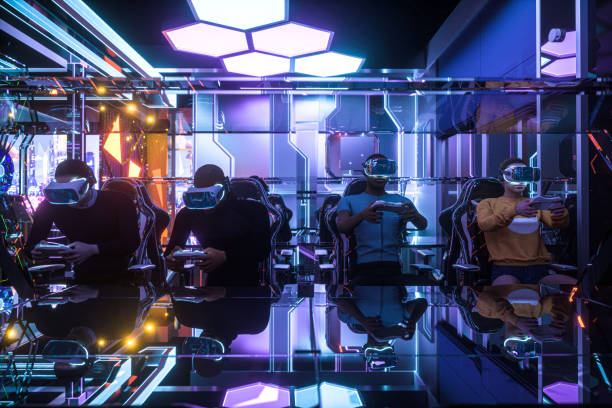
Reward systems can also be a very compelling argument for esports leagues to join the metaverse, with players receiving crypto prizes, whose value can grow over time, that they also exchange for real money.
For now, we are yet to see major esports tournaments playing out in the metaverse, but that’s not to say that might not change very soon.
Earlier this year, metaverse entertainment and production company Infinite Reality (iR) reached an agreement to acquire esports conglomerate ReKTGlobal for $470 million as part of a strategy to invest in NFTs and web3 initiatives, including the metaverse.
And as deals, sponsors and partnerships slowly enter this newly-minted industry; we are likely to see more players deciding to dabble in it.
Benefits for esports in the metaverse
The new gold rush doesn’t seem to be for precious natural resources but rather for virtual worlds where different kinds of valuable resources are being unlocked.
Fortnite and Roblox are two major platforms greatly leveraging the gaming world in metaverse-like environments, with millions of players flocking to free-to-play titles and building a strong community surrounding virtual experiences.
The idea of a metaverse and how it will change the gaming world isn’t entirely new. Virtual concerts in Fortnite and millions of immersive worlds in Roblox give us a glimpse of how games will be a key part of a metaverse. In this article, we will be zooming into how the creation of a metaverse can change the gaming industry and the eSports scene.
Watch the Fortnite Virtual Concert here
There are several benefits to shifting physical esports events to virtual ones in the metaverse:
Cutting Edge Immersion
Gaming in a metaverse is going to be a whole lot more immersive than the current virtual reality (VR) games available on the market. Meta recently announced that they’re developing haptic feedback gloves, which will allow users to interact with virtual environments like never before. Being able to feel virtual objects using triggered actuators paired with VR goggles brings us one step closer to an experience that’s almost indistinguishable from reality. Soon, exploring extraterrestrial planets and touching objects beyond this world will be a possibility in a metaverse.
Improved In-Game Social Interaction
From single-player 8-bit games like Pacman and Super Mario to multiplayer hits such as Counterstrike, games have evolved to become more social. A metaverse aims to take the social aspect of gaming to completely new heights. With virtual environments, players will be able to invite each other to gather and play games within an interconnected virtual community, creating an experience almost similar to being with your pals in person! Coming off the back of a time when Covid-19 could limit physical gatherings, the idea of playing ping pong in a virtual room while your friends spectate and cheer you on adds a level of social immersion that has never been seen before.
A New Virtual Market
The development of a metaverse will also lead to the creation of new virtual marketplaces. Currently, basic metaverses such as Roblox have a marketplace for different virtual items. In 2021, Roblox collaborated with luxury fashion brand Gucci to create a virtual Gucci Garden. The virtual environment showcased various Gucci products. On top of this, a line of virtual Gucci accessories was launched in limited quantities, leading to the reselling of virtual Gucci handbags at prices up to 50,000 Robux (equivalent to around US$350)!
In a virtual world where we can create digital versions of ourselves, a whole new market for virtual clothes, accessories, and collectibles will be snapped into existence. If we’re going to spend most of our time in virtual rooms, be it for gaming or socialising, we may as well deck out our virtual selves with the latest designer pieces and outfits!
A New Way of Experiencing eSports Events
It is projected that by 2023, there will be over 46 million people watching eSports events. Currently, the main way of viewing your favourite eSports players compete against one another is on streaming platforms such as Youtube Live and Twitch. Viewing these events through a screen isn’t quite as exciting as being there in person. A metaverse opens a new door of opportunity for the eSports industry. Imagine being in a virtual audience, at a virtual venue, as a member of the audience. You’ll be able to feel the electricity of the crowd and interact with other gaming enthusiasts, all in a virtual space.
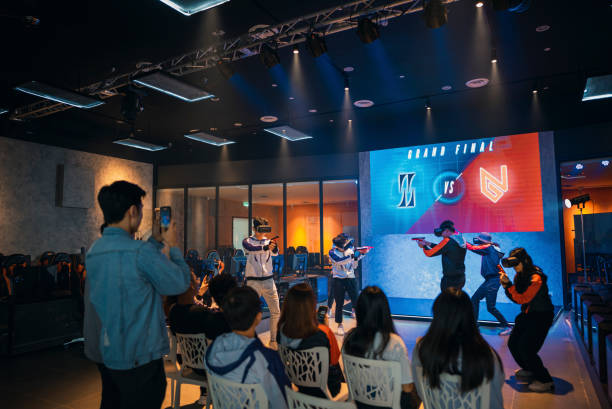
Prize Pools of Digital Currencies
With the rise of NFTs and cryptocurrencies, we cannot rule out the possibility of cryptocurrencies being used as prizes in the virtual world. Currently, cryptocurrency is increasingly becoming a key part of the eSports scene. Top organisations and eSports teams such as TSM, NAVI, and Astralis have crypto-related partnerships and sponsorships. With the development of metaverses, it’ll be interesting to see how cryptocurrencies will play a role in eSports.
However, it is important to point out that the gaming industry and esports’ relationship with the metaverse is very much still experimental, especially on the African continent.
This is largely due to scepticism or lack of appreciation of blockchain technology, cryptocurrency, and VR technology. These represent some of the blockers slowing down the chance of a major investment in the metaverse by major esports players.
Africa and Africans alike now represent a new frontier for these technologies, but we must concede that web3 and blockchain infrastructure isn’t alien to the continent — what it needs is widespread acceptance, understanding and utilisation.
As it stands now, the only African country in the top 10 cryptocurrency usage list is Nigeria, which is a far cry from getting the whole continent on board. With the right amount of commitment, intentional dissemination of information, and stakeholders who share a common passion, Africa can join other continents in this esports metaverse revolution.
Brands and stakeholders such as Gamr have already put into motion this inclusion of the blockchain into esports with the same vigor with which it seeks to create inclusion of the African continent to the global esports space. As industry experts, we’re always ahead, set the pace, and committed to bringing change wherever needed.
Change can be slow, but with time, the technology will mature and prove its merits. We can see the next generation of esports unfolding in the metaverse, providing greater value to the industry and welcoming new people into it, including fans, brands, advertising companies, and platforms willing to give virtual worlds a shot.


